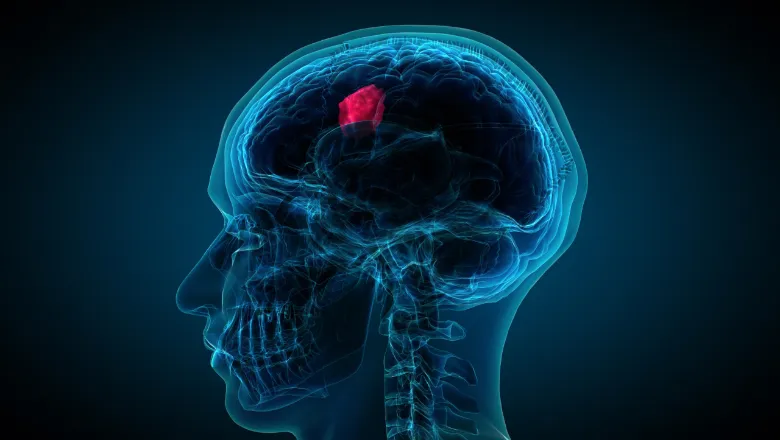We know much more about this disease than we used to. Now, we are able to tackle some of the challenges of treating brain tumours by having new technologies that have been shown to work with other types of tumours."
Professor Al-Jamal
07 January 2025
Seed funding awarded to investigate deadly brain tumour treatments
A researcher from King’s has been awarded £150,000 seed funding by The Brain Tumour Charity to investigate new solutions to treating deadly brain tumours.

Khuloud Al-Jamal, Professor of Drug Delivery & Nanomedicine and a Global STEM Scholar, will use tiny particles – 10,000 times smaller than a single human hair– to carry molecules across the blood brain barrier to stimulate the body’s immune system. The research will largely target glioblastoma, a deadly brain cancer that starts as a growth of cells in the brain or spinal cord that develops quickly and invades and destroys healthy tissue.
The blood brain barrier protects our brain cells from toxins and pathogens, which is particularly important as brain cells do not divide. However, it blocks most chemotherapy drugs, and only allows small, lipophilic (fat-soluble) molecules or those with specific transport mechanisms to pass.
The researchers will use tiny particles called lipid nanoparticles to carry molecules across the blood brain barrier and stimulate the immune system against the cancer cells. These molecules, called checkpoint inhibitors, remove some of the guardrails of the immune system, encouraging the recruitment and activation of T cells, which is the body’s main defence against cancer.
As part of the research, Professor Al-Jamal will test a variety of lipid nanoparticles to find the optimal carrier. The researchers will also attempt to identify new types of immune checkpoint inhibitors that will stimulate the immune system or dampen potentially damaging mechanisms.
We believe that a lot of failure in the field of brain cancer immunotherapy is because we don’t have immune cells that are trained to recognise the tumour. If we make the tumour microenvironment more active, we believe we can make technologies such as cancer vaccines even more effective.”
Professor Al-Jamal
Lipid nanoparticles are already in use in the clinic for other diseases. If the concept is successful by delaying tumour growth in mouse models, the next step for the researchers is to test the therapy in surplus brain cancer tissues from patients.

